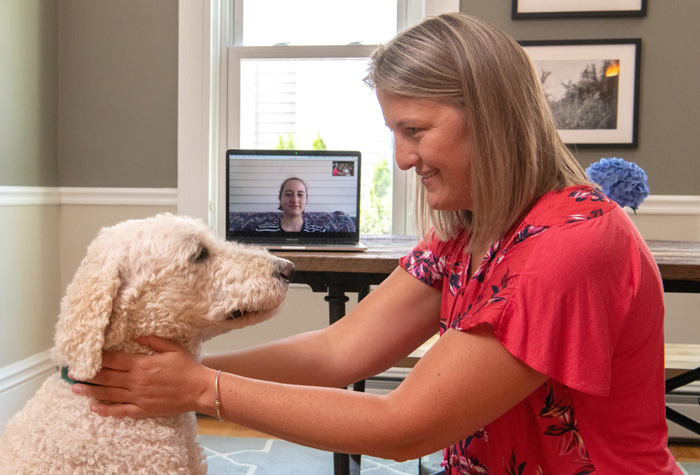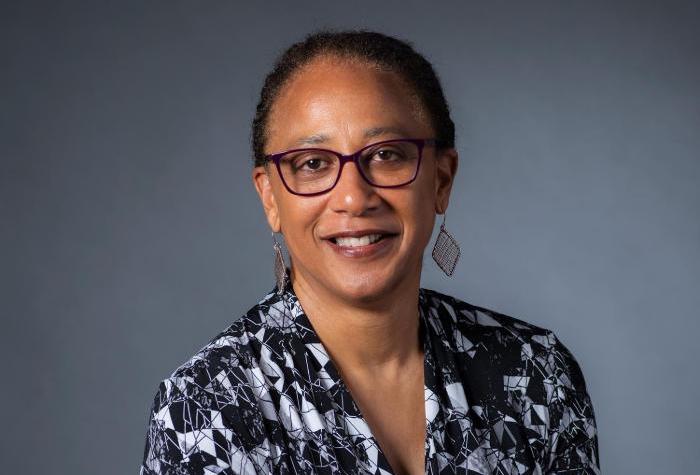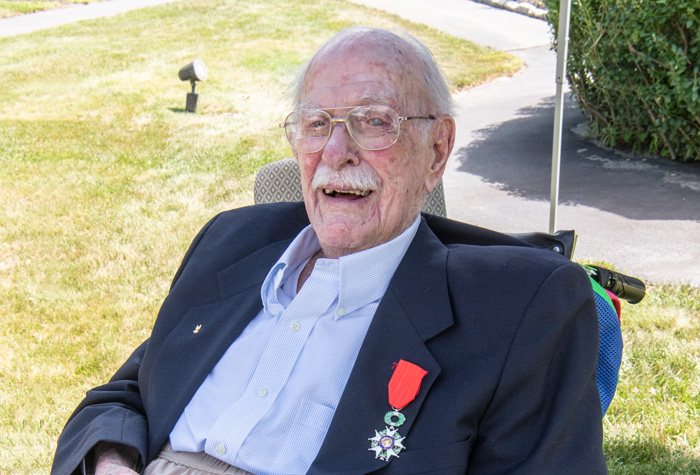
Illustration: Stephanie Wunderlich. Photos: Caitlin Cunningham; Gary Wayne Gilbert; Peter Julien; Lee Pellegrini; Tony Rinaldo.
Formative Education in Action
Boston College’s deep commitment to formative education stems from the University’s Jesuit Catholic tradition. The academic model—inspired by the process of formation, the spiritual and academic training that candidates undertake to join the Jesuit order—sets BC apart from peer institutions, said Provost and Dean of Faculties David Quigley. “A formative education is one that seeks to educate the full human person, developing and integrating the intellectual, social, and moral dimensions of our students so as to support their flourishing,” he said.
Mulling big questions is central to maximizing one’s purpose, explained Stanton Wortham, the Charles F. Donovan, SJ, Dean of the Lynch School of Education and Human Development. “At BC, there are a lot of opportunities for undergraduates and others to spend some time reflecting on the larger goals they’re trying to accomplish with their life,” he said. “It’s our job to try to get them to examine what they believe in, and then figure out what they are called to do to contribute to that ecological, social, interpersonal, or theological vision.”
To that end, for the first time, BC recently awarded grants to seven faculty research projects centered on formative education. “The idea was to get faculty thinking about their understanding of formative education and how it should be used in a curriculum,” said Haub Vice President of Mission and Ministry Fr. Jack Butler. The research has focused on everything from formation in BC’s PULSE service-learning program to community building at the Connell School of Nursing. Here’s a look at four of the funded projects.
Formative Education: Cultivating Purpose in the College Years
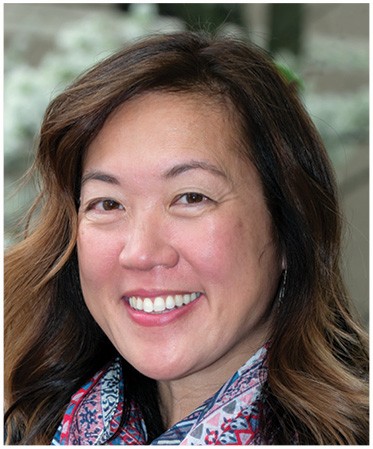
Principal investigator: Lynch School professor Belle Liang
Project overview: Liang interviewed students to evaluate how their sense of purpose develops throughout the college years, as well as how critical consciousness—the awareness of injustice in the world and an understanding of how one’s identity and positionality may be related to addressing injustices—can contribute to this development.
Findings so far: “We have seen that as critical consciousness increases, students are more likely to be actively searching for their purpose,” Liang said. These findings suggest that many students are being reflective and thoughtful about what needs they see in the world, she said, and about how they may uniquely contribute to addressing those needs.
Up next: Liang and her team used the study results to create an app—True North 2.0—and an accompanying curriculum to engage students in formative education and the development of purpose at Boston College and beyond. Liang also plans to interview BC students about how COVID-19 may affect their development of purpose.
Re-Imagining the Common Good? First Year Students’ Formation & Engagement with Difference through Immigrant Knowledges at Boston College
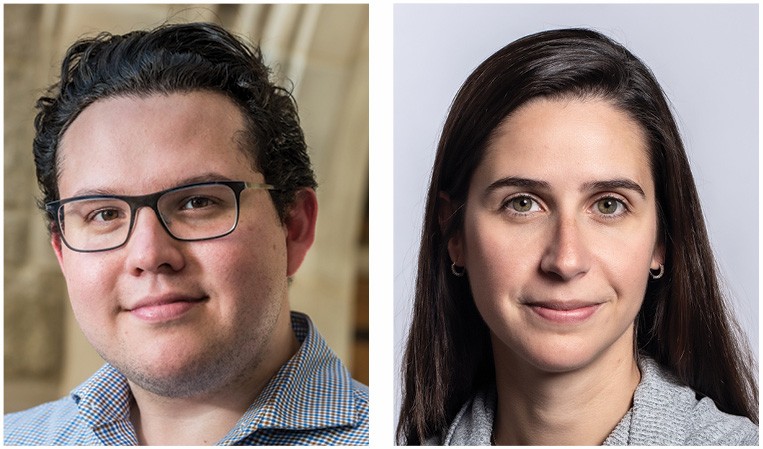
Principal investigators: Lynch School assistant professors Andrés Castro Samayoa and Gabrielle Oliveira
Project overview: To address the central question of their research—How does academic engagement in dialogues, reflexive writing, and lectures influence students' understanding of both their own formation and the broader social good?—Castro Samayoa and Oliveira reviewed the work of more than fifty students enrolled in their fall 2020 course Citizenship, Immigration & Belonging in the United States: Can Education Save Us?
Findings so far: By analyzing students’ documents, Oliveira and Castro Samayoa saw how course work aimed at encouraging students to reflect on and prioritize their own well-being led to a heightened concern for the well-being of others. The results, the researchers said, also suggest that when students factor structural forms of oppression into their understanding of self, it informs their perspective on and dialogue about the common good.
Up next: Oliveira and Castro Samayoa are now working with a new group of students enrolled in their fall 2021 course. They will also share their insights through the Association of Jesuit Colleges and Universities’ Faculty Migration Research Directory.
Seacole Scholars: A Living and Learning Community for First-Year Nursing Students
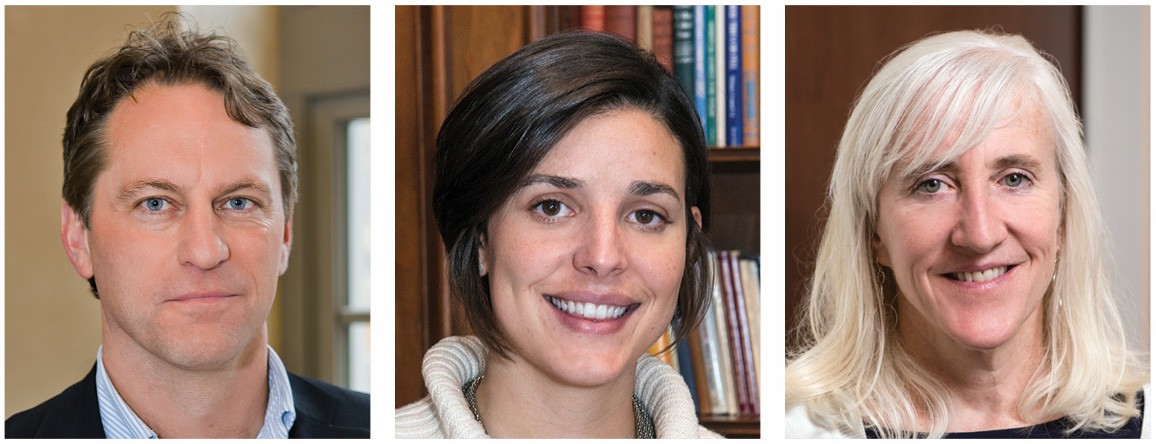
Principal investigators: Jeffrey Bloechl, associate professor of philosophy; Julianna González-McLean, assistant dean of students services, diversity and inclusion at the Connell School of Nursing; and Colleen Simonelli, associate dean of the undergraduate program at the Connell School of Nursing
Project overview: This collaboration between the nursing school and the philosophy department involved launching a living and learning community (LLC) called Seacole Scholars for first-year nursing students of color, and also tailoring a section of the Perspectives I: Perspectives on Western Culture course to nursing students.
Findings so far: The researchers learned that the seven inaugural Seacole Scholars perceived a sense of belonging at BC. The students lived on Newton Campus and met regularly prior to the pandemic. Despite the abrupt end to the spring semester, these students reported a positive overall experience and a close connection to one another.
Up next: “We have identified an important cohort of students who do well when presented with the course material that draws out questions of particular importance for their training,” Bloechl said of the philosophy department’s findings. González-McLean and Simonelli, meanwhile, plan to collect longitudinal data on the inaugural Seacole Scholars and to continue the LLC. “We’ve found great support from Residential Life and the broader university to improve the diversity and inclusivity of the nursing school and, quite hopefully, the profession,” Simonelli said.
Formation in the PULSE Program for Service Learning
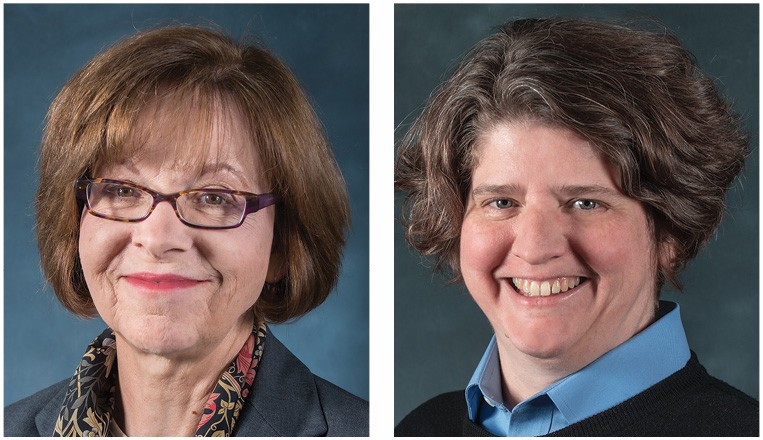
Principal investigators: Eileen Sweeney, philosophy professor; Meghan T. Sweeney, PULSE director
Project overview: The two professors gathered and edited essays from PULSE faculty to create a volume titled Service, Social Justice, and Student Formation: 50 Years in the PULSE Program for Service Learning at Boston College. The collection, which features essays from fourteen faculty members, traces the history and evolution of one of the oldest service-learning programs in the country, while also exploring how PULSE forms students as citizens and human beings, and shapes their spirituality. It also includes the results of two studies on the PULSE program’s impact on students.
Findings so far: “What has excited us is the depth of faculty work on and reflection about engaging students in all aspects of PULSE—academic, service, and reflection—and to see the studies confirm that these connections correlate with the degree of student growth and transformation as a result of the program,” the researchers said.
Up next: The published report will be presented as part of the PULSE 50th-anniversary celebration. Sweeney and Sweeney are also considering a future volume compiling student reflections on the program.


 print
print mail
mail